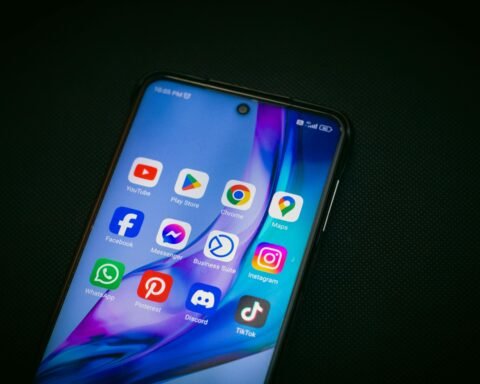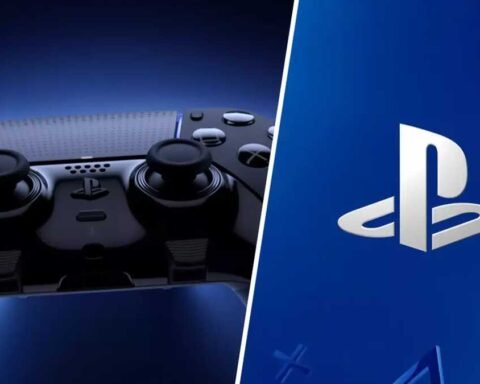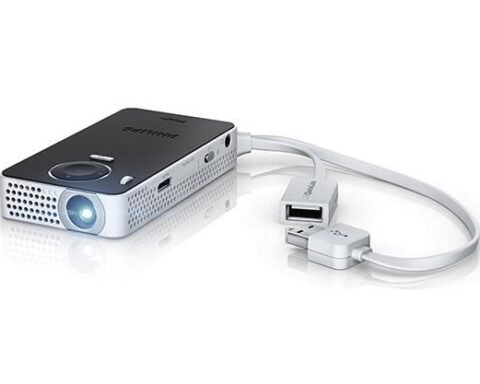Japanese video game company Capcom enjoyed a 6% jump in its stock price on Monday as gamers flocked to the mobile installment of its long-running “Monster Hunter” franchise. Developed with “Pokemon Go” maker Niantic, Monster Hunter Now lets players slay monsters and collect their drops in real-life locations using geolocation technology. The game has been downloaded 5 million times since its September 14 launch, Niantic said last week.
Analysts said that the booming sales of the new game show that Capcom has done an excellent job of adapting its iconic franchises to mobile devices. The mobile games business makes up a small slice of its overall revenues. Still, it is increasing as it taps the vast market for smartphone gaming, which has become the main driver of growth in the industry.
“Capcom’s mobile business is making headway despite it still being far behind its peers,” said UBS Securities Japan analyst Kenji Fukuyama. He added that the company’s mobile game sales rose by a third in the fiscal year to March 31.
Unlike many of its rivals, Capcom has a diverse back catalog of older titles that has helped it break the cycle of earnings volatility that depends on big new releases in a $200 billion industry. In addition to selling its latest titles globally, it sells classic games at steep discounts for developing markets such as Brazil, Saudi Arabia, and Turkey. Its profit margin on such games is effectively 100%, as all development costs have already been incurred in earlier years.
That strategy has paid off, as the company’s current hot property is its remaster of Resident Evil 4. Released in early 2018, the title was a hit, giving Capcom a lift that even the disappointing Marvel vs. Capcom Infinite could not crush.
Meanwhile, the new Monster Hunter mobile spin-off has been a massive success in Japan, where the company gets most of its mobile revenues. It is the top-grossing app on Apple’s iOS platform, data from analytics firm Sensor Tower showed. It is also ahead of domestic favorites such as the horse racing idol game Uma Musume Pretty Darby and the manga app Piccoma.
The game’s performance will also be necessary for Capcom in the long term as it looks to expand its presence in the global market. Niantic, which has also developed Pokemon GO and other AR games, has struggled to replicate the success of those hits in other markets. It has shut down several games, including Harry Potter Wizards Unite last year. Niantic’s global expansion plans will be a crucial factor to watch for Capcom and other gaming companies as they look to build up their mobile revenue streams.
























